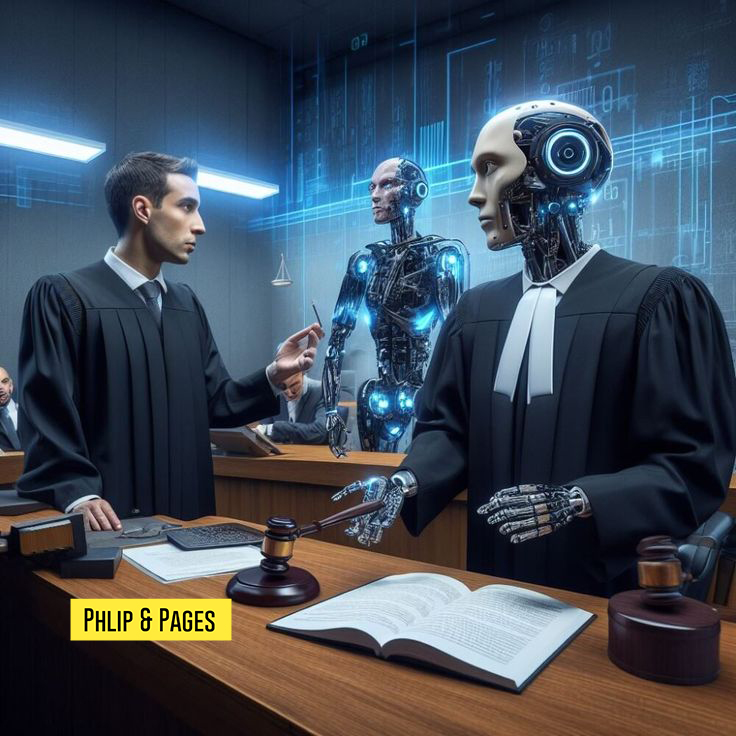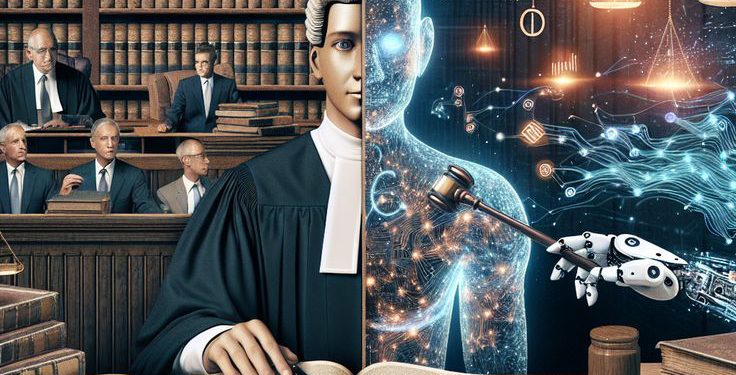Legal ethics in the age of technology is an evolving and critical area of study, given the rapid advancements in digital tools and platforms. Here are some key points that highlight the intersection of legal ethics and technology:
Confidentiality and Data Security
- Client Confidentiality: Lawyers are obligated to maintain the confidentiality of their clients’ information. With the rise of digital communication and cloud storage, ensuring the security of sensitive data has become more complex.
- Cybersecurity Measures: Legal professionals must implement robust cybersecurity measures to protect against data breaches and unauthorized access. This includes using encryption, secure communication channels, and regular security audits.
Competence and Technological Proficiency
- Technological Competence: Lawyers are increasingly expected to be proficient with technology. This includes understanding how to use digital tools for research, case management, and communication.
- Ongoing Education: Legal professionals must stay informed about new technologies and how they impact the practice of law. Continuous education and training are essential to maintain competence.

Ethics in AI and Automated Systems
- Use of AI: The integration of artificial intelligence in legal processes, such as predictive analytics and automated document review, raises ethical considerations. Lawyers must ensure that AI tools are used responsibly and do not compromise the quality of legal services.
- Bias and Fairness: AI systems can inadvertently perpetuate biases present in the data they are trained on. Legal professionals must be vigilant in ensuring that these tools are fair and do not discriminate against any group.
Online Privacy and Digital Evidence
- Privacy Concerns: The collection and use of personal data online raise significant privacy issues. Lawyers must navigate these concerns while complying with relevant laws and regulations.
- Digital Evidence: The admissibility and integrity of digital evidence are crucial in legal proceedings. Lawyers must be adept at handling electronic evidence and understanding its implications.
Ethical Use of Social Media
- Professional Conduct: Lawyers must maintain professionalism in their online presence, including social media platforms. This involves avoiding posts or comments that could undermine their credibility or breach client confidentiality.
- Client Interaction: Interacting with clients through social media requires careful consideration of privacy and confidentiality. Lawyers must establish clear boundaries and guidelines for such interactions.
Global and Cross-Jurisdictional Challenges
- Jurisdictional Issues: Technology allows for cross-border communication and transactions, raising questions about which jurisdiction’s ethical rules apply in various scenarios.
- Global Standards: The legal profession must work towards developing global standards for ethical behavior in the digital age, ensuring consistency and fairness across different jurisdictions.
Conclusion
The intersection of legal ethics and technology is dynamic and multifaceted. Legal professionals must remain vigilant and proactive in adapting to technological advancements while upholding the core principles of the profession. This requires a commitment to continuous learning, robust cybersecurity practices, and a keen awareness of the ethical implications of emerging technologies.
















